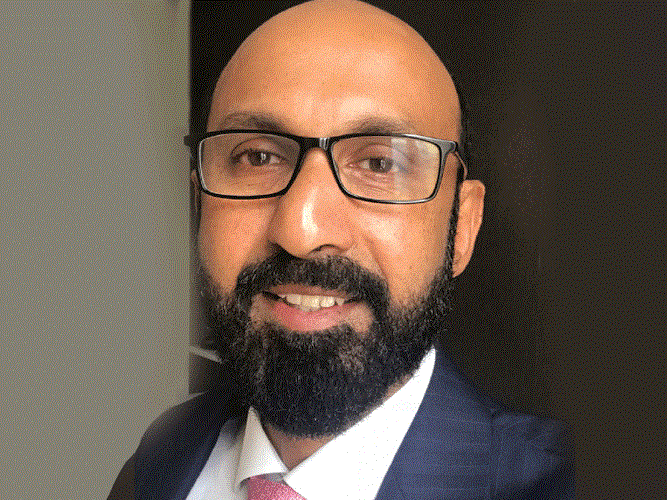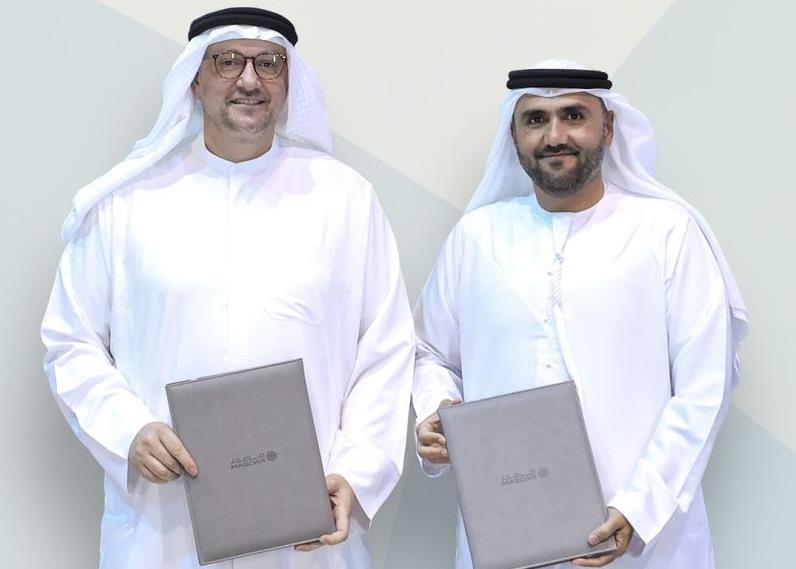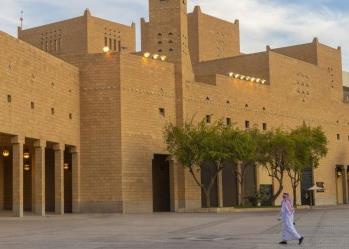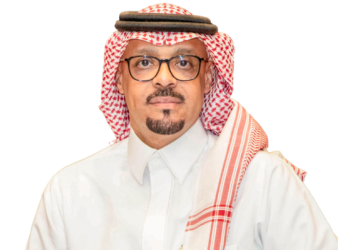

An efficient utilities sector is crucial in the fight against the novel coronavirus. While many cities in the GCC went into partial or complete lockdown since March, critical industries that include power and water have continued to operate normally.
With 23 operational power and water plants, French utilities developer Engie is at the forefront of keeping the lights on and the water running across the GCC.
As of April 26, more than 3,200 employees are still on plant sites to ensure business continuity and “serve more than 40 million people with power and 10 million people with desalinated water”, according to Suresh Bhashkar, Engie’s head of business development, Power and Gas Infrastructure, Middle East, South and Central Asia and Turkey.

 In addition to its existing plants, Engie has recently won the $700m conract to develop the Yanbu 4 independent water project (IWP) in Saudi Arabia. The firm is also actively bidding for contracts to develop further fossil-fired and solar photovoltaic (PV) generation and water schemes across the region.
In addition to its existing plants, Engie has recently won the $700m conract to develop the Yanbu 4 independent water project (IWP) in Saudi Arabia. The firm is also actively bidding for contracts to develop further fossil-fired and solar photovoltaic (PV) generation and water schemes across the region.
Bhaskhar discusses with MEED the current and future challenges the pandemic poses to the utilities sector and his firm.
What impact will the Covid-19 outbreak and the relevant containment measures have on power and water demand in the region?
Traditionally the power and water demand in any country is closely linked to gross domestic product (GDP) growth. Given the impact of this pandemic on the overall economic growth, it is fair to say that the power and water demand is likely to be affected as well. Nevertheless supply reliability and security is perhaps more important in this current environment and as a leading power and water producer in the region, we are focused on achieving that, especially for the coming summer period, which requires the best performance of our assets and teams.
How do you expect utilities clients to respond in terms of planned or future capacities?
We have not yet seen any large-scale deferment of capacity addition plans, instead most clients have at best delayed requests for proposals by a few months or accepted remote submissions of bids for projects already launched. In terms of future capacities, perhaps it is even more relevant in the current climate, if such capacity additions are being pursued via the public-private partnership (PPP) framework thereby allowing clients or utilities to better allocate their capital for other requirements. There are also the renewable programs, which were originally conceived for portfolio diversification purposes and we expect those to continue given the overall positive impact they have on the utility balance sheet and the energy balance it brings to the overall portfolio.
How can the region sustain world-record low tariffs for solar PV and water in the current environment?
The record tariffs we have seen in the region is a function of the scale, irradiation potential and a robust risk template based on long term contracted generation, all of which have attracted the cheapest possible engineering, procurement and construction (EPC) capital cost combined with cheapest cost of capital resulting in world record tariffs. In a scenario of continued global pandemic where spot market power prices are under pressure the world over and where there is a flight of quality capital to safe havens, the projects in the region based on aforementioned principles can be expected to continue attracting cheaper cost of capital than elsewhere . Perhaps clients or offtakers could consider to slightly adapt the risk template of these projects, by bringing even more balanced risk sharing in line with the prevailing market conditions, to further optimise the tariff.
In a scenario of continued global pandemic where spot market power prices are under pressure the world over and where there is a flight of quality capital to safe havens, the projects in the region ...can be expected to continue attracting cheaper cost of capital than elsewhere
Are fully fledged independent power projects (IPPs) such as those being implemented by Saudi Arabia’s Renewable Energy Project Development Office (Repdo) better placed to push ahead compared with schemes where government clients retain equity or shares?
Each of these capacity addition schemes have their own distinct features and rationale, which remain valid even in this difficult time. Saudi Arabia’s National Renewable Energy Programme is targeting smaller size of capacity additions in each round and seeking diversification of developers by allowing multiple awards. It is attractive for developers from a risk-reward capping perspective, while also ensuring diversification of delivery risk from Repdo perspective. They also demand a higher reliance on localisation, thereby boosting the local economy indirectly.
On the other end of the spectrum are the larger size projects, which achieve better economies of scale. While these projects may perhaps involve lesser number of developers given their size, they offer better risk mitigation due to the presence of government clients and co-shareholders, which ensure even cheaper cost of capital and capital cost, while maintaining the focus and priority of achieving the largest possible capacity addition within the shortest possible time. In my view, both will be pursued given the slightly different objectives.
What specific stimulus package or benefits can governments offer to the power and water sector?
We are actively implementing business continuity planning to be able to operate safely our 23 power and water plants and deliver these essential needs to the GCC. Of course, we incur additional costs for this, but this is manageable as of today. The most critical issue for us is the safety of our operators and therefore the access to personal protective equipment (PPE) and tests, as well as the reliability and availability of our plants.
During this extraordinary period, a full transparent and permanent contact with the authorities is key to ensure business continuity and anticipate any risk of interruption in the service of power and water production that we are delivering. Various positive experiences are in place, to share the best practices, test and support our supply chains. We also get access to priority services as well as proactive antibodies tests for our teams or confinement solution for the essential ones. It is important to have a collective action including the respect of the contracts, and the flexibility on new projects notably to adapt to the financial markets' turmoil.
How sustainable is a national supply chain as a potential solution for future disruptions?
A national supply chain definitely helps in these situations while also contributing to the local economy, but it always comes at a slight premium at least during the initial period until sufficient scale is established. If the offtakers are willing to accept such premium in tariffs over the short-term it is indeed a good solution at least for those markets where we see scalable potential in the long run and which can be supported by a ready-made industrial ecosystem.
How has Covid-19 affected Engie's business operations and development projects across the region?
We have constantly endeavored to maintain the security of supply and mobilised our management and operations teams to ensure continued operation of these assets with minimal disruptions.
The essential teams for day-to-day operations and maintenance are segregated and confined with a maximum protection. They are our last barrier to ensure business continuity.
On the development front, we are pursuing financial close of a water project in Saudi Arabia, which we are confident of achieving despite the difficult market condition and given the strong relationship Engie has with international and domestic lending community.
On operating assets, practically all the necessary teams are working on our sites. We have asked a few support teams to work at home. The essential teams for day-to-day operations and maintenance are segregated and confined with a maximum protection. They are our last barrier to ensure business continuity. They accepted to keep on their missions while being away from their families for a few days. Their dedication is really impressive.
For the rest of the teams, and for our contractors, split organisations are now in place to limit contacts and enable control of risk. We have increased personal protections, in particular when social distance is not possible, as in field maintenance activities.
You might also like...

Neom seeks to raise funds in $1.3bn sukuk sale
19 April 2024

Saudi firm advances Neutral Zone real estate plans
19 April 2024

Algeria signs oil deal with Swedish company
19 April 2024

Masdar and Etihad plan pumped hydro project
19 April 2024
A MEED Subscription...
Subscribe or upgrade your current MEED.com package to support your strategic planning with the MENA region’s best source of business information. Proceed to our online shop below to find out more about the features in each package.








